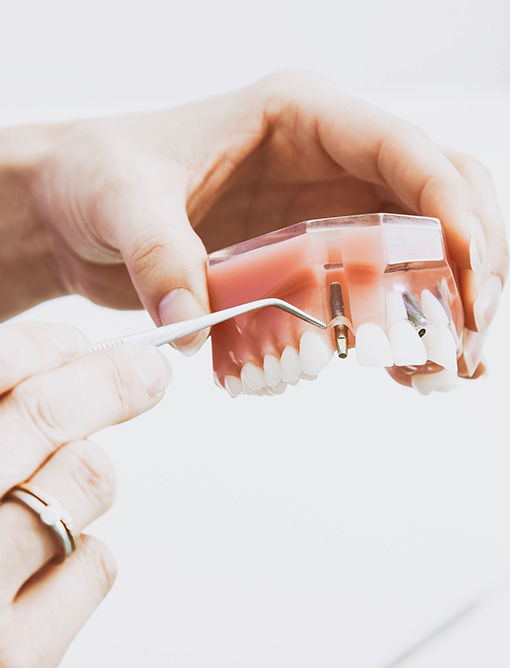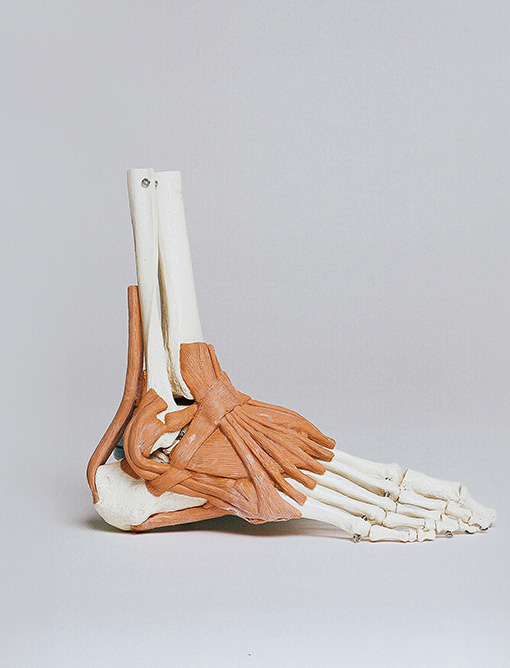Remission
Remission: What Does It Mean?
If you’ve been diagnosed with cancer, you’re probably hoping to hear your doctor use the word “remission.” It marks a major turn in your care and long-term health. But it’s more complicated than simply being done with treatment.
There are two types of remission:
1. Partial remission means the cancer is still there, but your tumor has gotten smaller -- or in cancers like leukemia, you have less cancer throughout your body. Some doctors tell patients to think of their cancer as “chronic,” like heart disease. It’s something you will need to continue to check. If you’re in partial remission, it may mean you can take a break from treatment as long as the cancer doesn’t begin to grow again.
2. Complete remission means that tests, physical exams, and scans show that all signs of your cancer are gone. Some doctors also refer to complete remission as “no evidence of disease (NED).” That doesn’t mean you are cured.
There’s no way for doctors to know that all of the cancer cells in your body are gone, which is why many doctors don’t use the word “cured.” If cancer cells do come back, it usually happens within the 5 years following the first diagnosis and treatment.
Understanding “Recurrence”
Some cancer cells can remain unnoticed in the body for years after treatment. If a cancer returns after it has been in remission, it’s called a “recurrence.” It’s normal to be concerned that this will happen to you. Every situation is different, and there’s no way to predict what will happen.
Your doctor or health care center will continue to check for signs of cancer or health problems related to your treatment. It’s crucial to get all recommended checkups, even if you have no symptoms. Follow-up care can include physical exams, blood tests, and imaging tests.
Click here for Download pdf of patient information
Click here for Download pdf of prescribing information
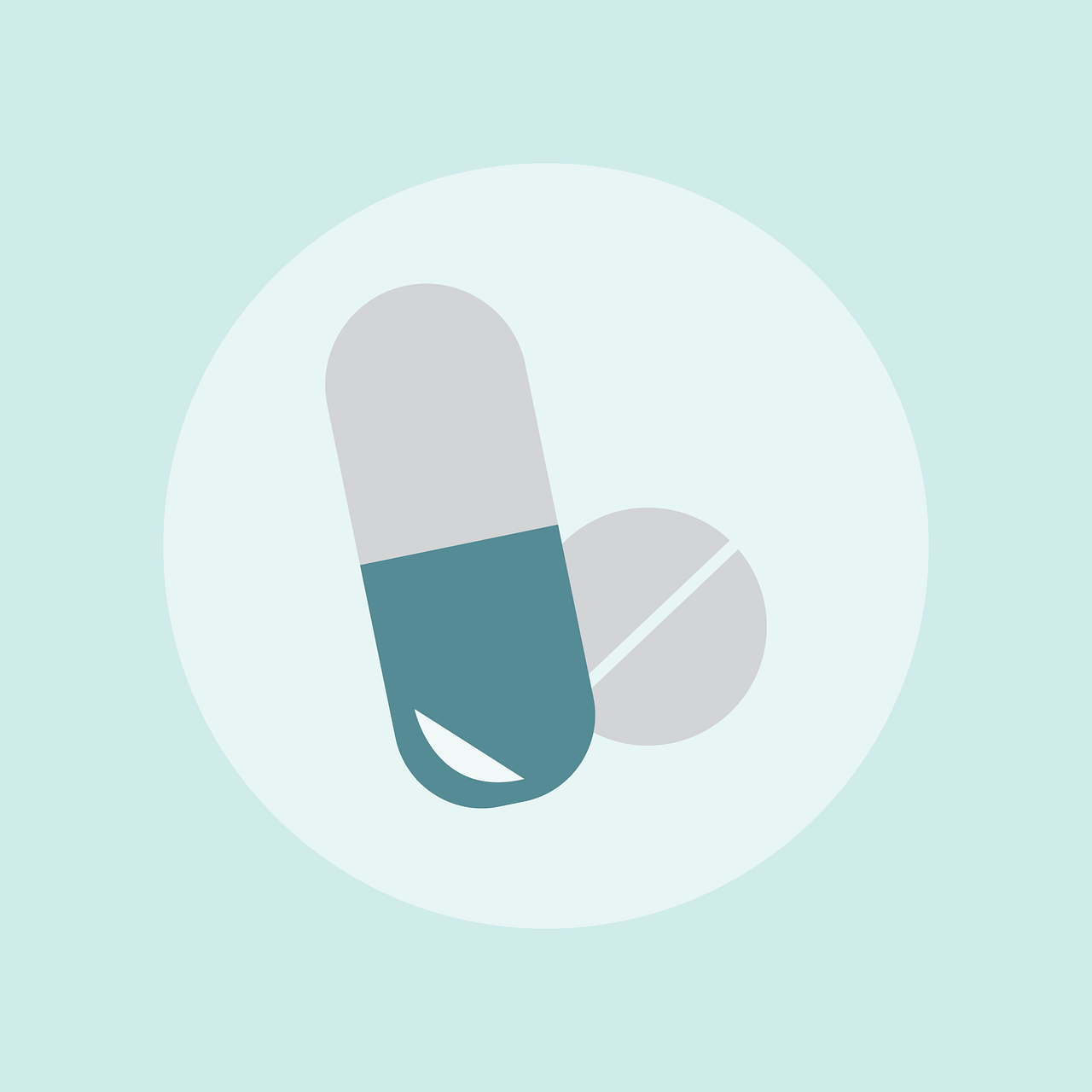
Cytarabine Uses
This medication is usually given by injection into a vein by a health care professional. It may also be given by other methods of injection depending upon your medical condition.
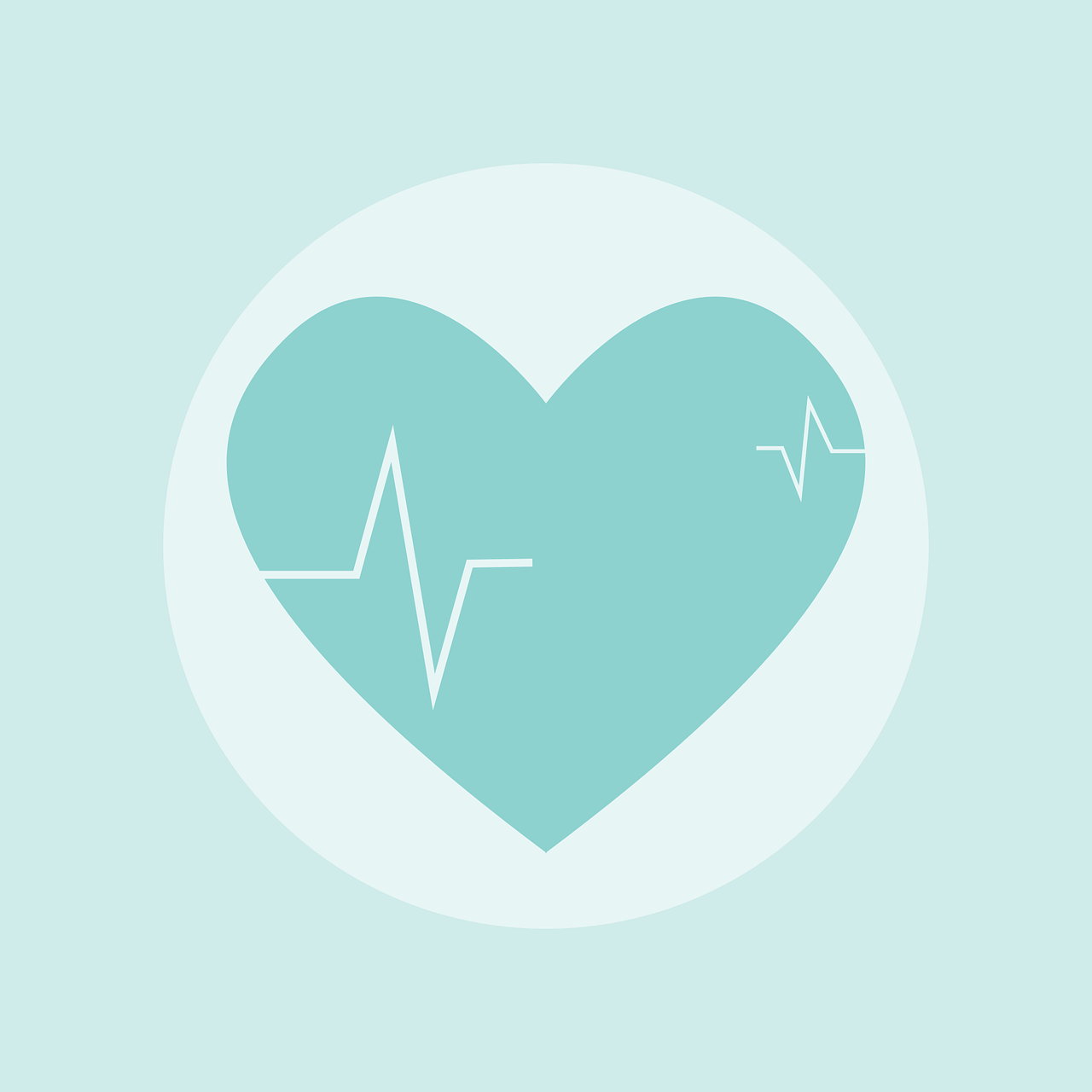
Cytarabine Side Effects
Nausea, vomiting, loss of appetite, diarrhea, headache, dizziness, and pain/swelling/redness at the injection site may occur. Nausea and vomiting can be severe.
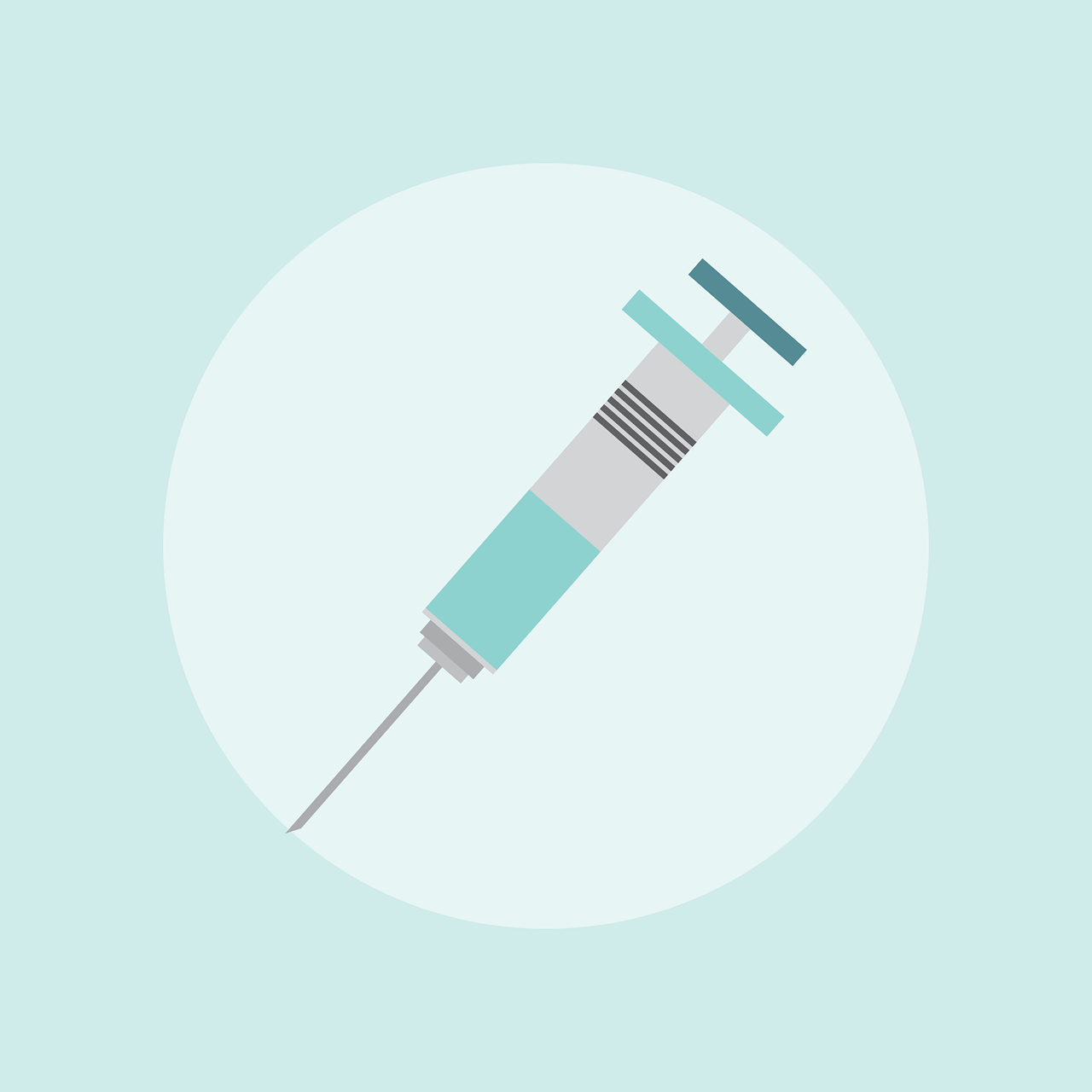
Cytarabine Precautions
Using cytarabine, tell your doctor or pharmacist if you are allergic to it; or if you have any other allergies. This product may contain inactive ingredients, which can cause allergic reactions or other problems.
For Free & Detailed solution: Contact our Experts 24/7
Our Services
Cytarabine is used to treat various types of cancer. It is a chemotherapy drug that works by slowing or stopping cancer cell growth.
We would like to give you an overview of Taj Pharmaceuticals: our background, organization, products, core belief and prospects.
This section displays common question about the Cytarabine Solution for injection or Infusion.
Cytarabine Image Gallery



